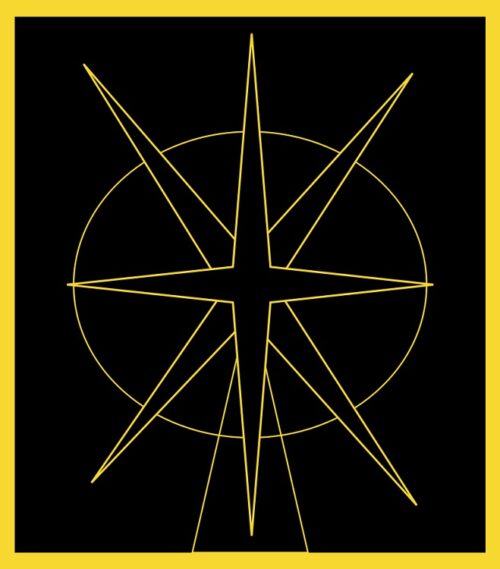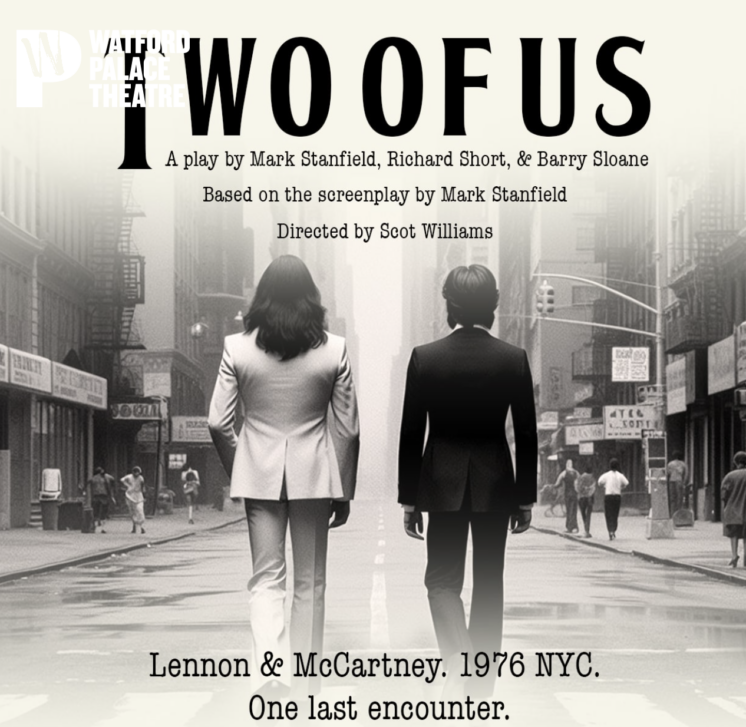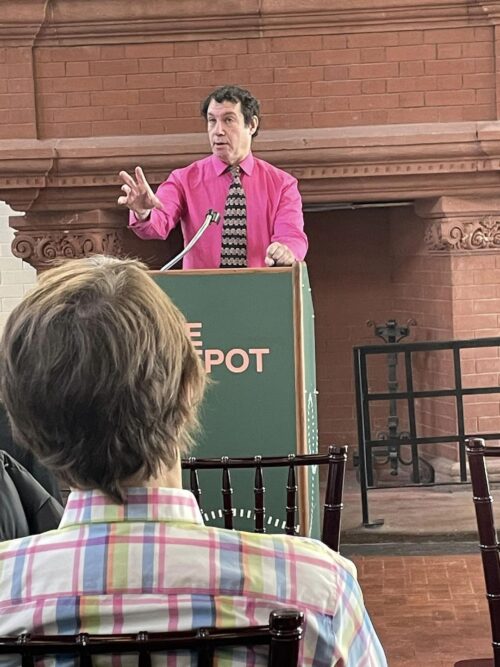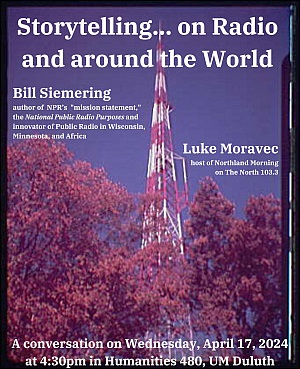The Third Day of FinnFest
Every day at FinnFest the Saami Cultural Center is presenting “The Story of Akanidi, Daughter of the Sun.” I’m super-proud of my colleagues at UMD and around the region who work with the center.
Unrelated to this exhibit, this YouTube video tells the story — consider it my attempt to whet your appetite.






















